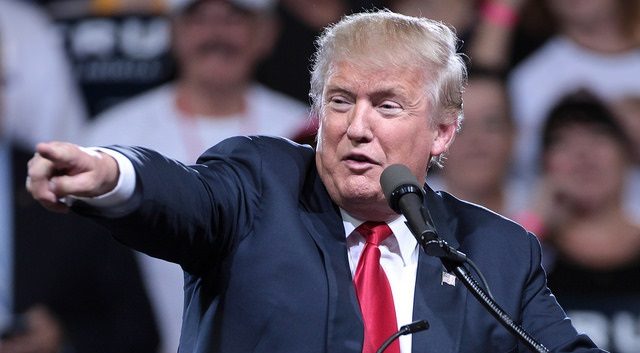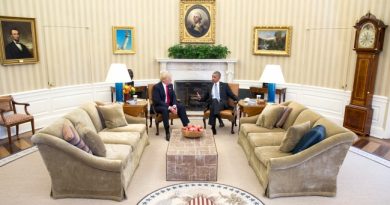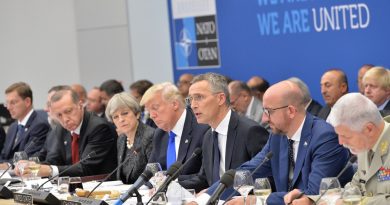Words Matter: The Importance of Discourse
Many of us, for the better part of last year, have been baffled by the massive change in public speech in the context of the US presidential campaign in comparison with the prevailing paradigm of vagueness, parsimony, and especially “political correctness”. Yes, I’m talking about current US president Donald Trump.
There was a lingering hope that his xenophobic, misogynistic, capitalist, absolute, universal discourse would tone down after taking office, however, that wasn’t the case. His words turned into bans and repeals, affecting the life of millions of people that call the US their home (or wanted to, in any case).
So, what it is about normalizing certain “truths” and narratives through discourse and why is it important to not only identify, but especially to deconstruct them?
The risk of “reification”
The “normalization” of discourses and narratives – that is, the assumption that they are normal, natural, objective, expected – is something that happens all the time in the social world. I don’t mean to make any kind of value-judgement about this or that narrative, nor do I find that there’s anything inherently wrong with normatively charged discourses. We all have our preferences and world-views. But the problem that stems from these is precisely the assumption that some discourses are normal or natural, when all discourse is, in fact, artificial and constructed. Some discourses are more curated than others, but nonetheless discourse is always contingent upon context and circumstance. Assuming that something is normal or natural is taking a normative position masked by false objectiveness.
The danger that lies in reifying/normalizing this or that discourse (Islam is bad, free market is good…) is that, when acquiesced by its intended audience, discourse becomes a form of power that is potentially more powerful and sustainable than coercion.
Public vs private discourse
One of the most distinguishing traits in Trump’s discourse both as candidate and as president is the removal of the barrier between the public and private spheres. This is also one of its most polarizing characteristics – while some find it to be disturbing, others find it positive and a sign of his honesty. It is certainly different.
In current times, social media has become a platform to make private discourse public, but at a safe distance. People are increasingly making use of the distance and anonymity provided by social media in order to make their points across – regardless of whether this entails bullying, threatening, making extreme comments regarding racial or gender or any other contentious issue. In other words, what people used to say or think privately is now made public without authorship being necessarily public.
What makes Donald Trump different is that there’s no distinction between public and private discourse. He says what he wants, regardless of what that is and how it may be received, and he does so by means of any platform available. Yet there doesn’t seem to be an absolute condemnation when he utters xenophobic or prejudiced remarks, unlike what would almost certainly happen to any other public figure (remember John Galliano, Mel Gibson, PewDiePie…). In Trump’s case, there seems to be almost as much condemnation as there is praise.
If saying anything – the more controversial the better – regardless of it being true or “alternative”, and regardless of the consequences of production or reproduction of asymmetries or hierarchies of the “us” as better and the “other” as worse/lesser, makes Trump’s supporters adopt his viewpoints, then that’s power.
Words aren’t empty. Discourse matters.
Donald Trump. Photo by Gage Skidmore / CC BY-SA 2.0
![]() This work is licensed under a Creative Commons Attribution-NonCommercial-ShareAlike 4.0 International License.
This work is licensed under a Creative Commons Attribution-NonCommercial-ShareAlike 4.0 International License.




